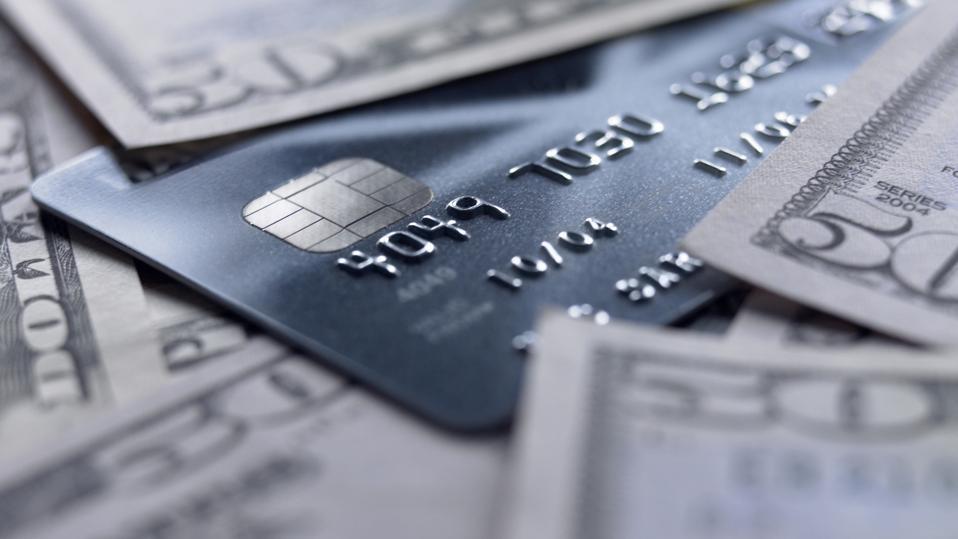In today’s world, paying for things has mostly moved online. However, seniors often find themselves in a tricky spot, trying to figure out the best and safest way to handle their money day to day.
While younger individuals might go all-in on digital payments, many older adults—especially those in retirement homes—like keeping it old-school with some cash or mixing both ways. This piece digs into the pros and cons of sticking with cash or switching over to credit cards from a senior’s view.
Ease of Use
Cash is a straightforward, universally accepted form of payment. For seniors not keen on technology, it’s a solid way to keep tabs on spending without the need to navigate digital interfaces or remember passwords. However, walking around with cash has its downsides, like losing it or, worse, theft — issues that hit harder for those who might be more at risk.
Switching to credit cards is all about ease — just one card in your pocket. Plus, they automatically log every purchase you make. This can be a big help when managing money without having to jot down each expense yourself.
Security Concerns
Security tops the list of worries for seniors when picking between cash and credit. Credit cards have a safety net with fraud protection, cutting down on losses if they’re stolen or lost. Being able to quickly cancel a card’s power and fight off fishy charges brings comfort that cash just can’t.
Yet, online scam fears and the maze of keeping accounts safe online scare some seniors away from digital dealings. Despite these hiccups, credit companies aren’t sleeping on the job. They keep improving their defenses to guard their users better.
Financial Management
From a financial management perspective, credit cards bring some big perks to the table. They come with budget helpers, heads-up on spending, and clear monthly reports. These bits are gold for anyone living on a set income. They help avoid splurging and keep finances in check.
Also, smart credit use keeps that credit score healthy for any future loan needs. On the flip side, sticking to cash can make tracking every penny spent tough, making it hard to spot where the budget might be off track.
Health and Accessibility Considerations
Handling cash can be tough for seniors dealing with health or mobility issues. Getting to ATMs and carrying around money can be a hassle. Credit transactions, on the other hand, often need just a few clicks online or a quick swipe in person—much easier on the body.
For those who find it hard to move around or live far from ATMs, credit cards are handy. Plus, during times like the COVID-19 pandemic, going cashless was advised to cut down contact—a nod towards another health perk of using credit.
Conclusion
Cash and credit each have their pros and cons for seniors sorting out daily spending. The pick between them really depends on individual comfort with technology, concerns about security, and the physical ability to manage cash. Every senior has to balance these points against their own life situation to figure out what’s best for their wallet and way of living.
